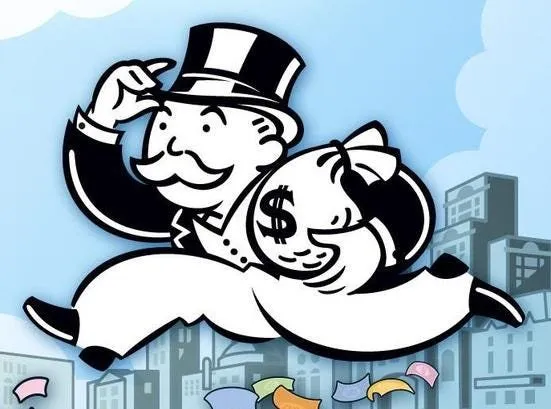Based On The Lecture by Dr. Burt Folsom: “The Myth of the Robber Barons”
What Are Robber Barons
For starters, I had never heard of the term robber barons. Maybe that makes me stupid, or maybe I just didn’t listen very well in my high school history classes. “Robber barons” is a term used to describe businessmen in the 1800s who were exploiting workers and using unethical practices to grow their wealth. The term "robber barons" was coined because these men “robbed” the public by creating monopolies. They craved economic power. The often-cited figures like John D. Rockefeller, Andrew Carnegie, and Cornelius Vanderbilt were said to have prioritized their own profit over fairness and contributed to excessive inequality at the time. These men started the massive empires that are still seen today in industries like oil, steel, and railroads. These men were often the scapegoats for widespread inequalities, poor working conditions, low wages, and corrupt dealings with government officials. However, it can be argued that even though their tactics may have been extreme, these entrepreneurs also transformed the American economy, created jobs, and made many products much more affordable. Dr. Burt Folsom says the term “robber baron” isn’t very accurate because it mixes up two very different kinds of businessmen: those who got rich by using government help and those who worked hard, took risks, and beat the competition. He believes the label is more about judging them as “bad guys” than actually understanding what really happened, and it makes their stories seem a lot simpler than they really are.
Un-lumping The Two
Dr. Burt Folsom defines political entrepreneurs as businesspeople who gain wealth and success mainly by using the power of the government rather than by actually competing in the market. Instead of working on things like lowering prices, improving products, or meeting the needs of customers, political entrepreneurs focus on getting government aid in order to stay ahead of their competitors. These kinds of businessmen spend more time trying to make friends with politicians and asking the government for help than actually working on their businesses themselves. Because of that, their companies often don’t run very well and end up wasting a lot of money. They don’t have to worry about keeping prices low or making customers happy since the government is helping them stay in business anyway. Dr. Folsom says this isn't good for the economy because they aren’t playing the game right; they get ahead without really earning it. Even if their business is failing, they still get support just because they know the right people. Folsom thinks this makes capitalism look worse than it really is. These people might seem like greedy business owners, but what they’re really doing is using the system to get rich without doing the work. He believes they shouldn’t be grouped together with the businesspeople who actually work hard.
The Heroes
In contrast, Dr. Burt Folsom describes market entrepreneurs as businesspeople who succeed by competing in the open market without relying on government help. These are the ones who focus on real innovation and true entrepreneurship. Instead of using political connections or subsidies, they take risks by using their own money and work hard to be the best for consumers. Market entrepreneurs are the ones who drive progress; they improve technology, create jobs, and make goods more affordable for the average person. There are many examples of how market entrepreneurs helped shape the U.S. economy in a positive way, my favorite being James J. Hill. Hill was a successful market entrepreneur who built the Great Northern Railway without any help from the government. Hill used his own funds and made smart business decisions. He carefully planned where the railroad would go, choosing the best routes to avoid difficult paths in order to help lower construction and maintenance costs. He worked closely with farmers, encouraging them to move near the railroad and helping them get started by providing tools, seed, and even cattle. This way, they had a reason to use the railroad to ship their goods. Because he didn’t rely on government subsidies, he had to make sure everything was done efficiently and with quality. His railroad was one of the few that didn’t go bankrupt during tough times. According to Folsom, market entrepreneurs are the real heroes of capitalism. To this day, they are the ones who play fair, earn their success, and help the economy grow. Folsom believes there is an importance in separating the two, as market entrepreneurs simply outworked and outsmarted their competition.


